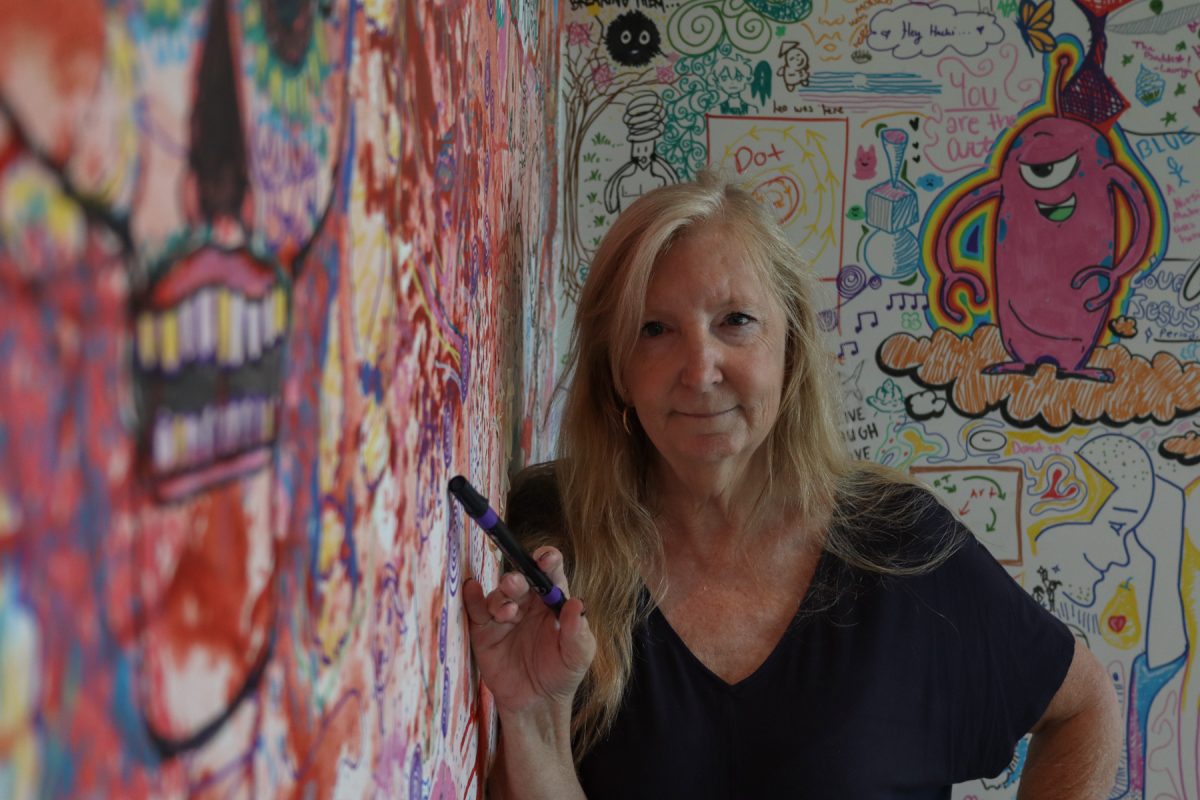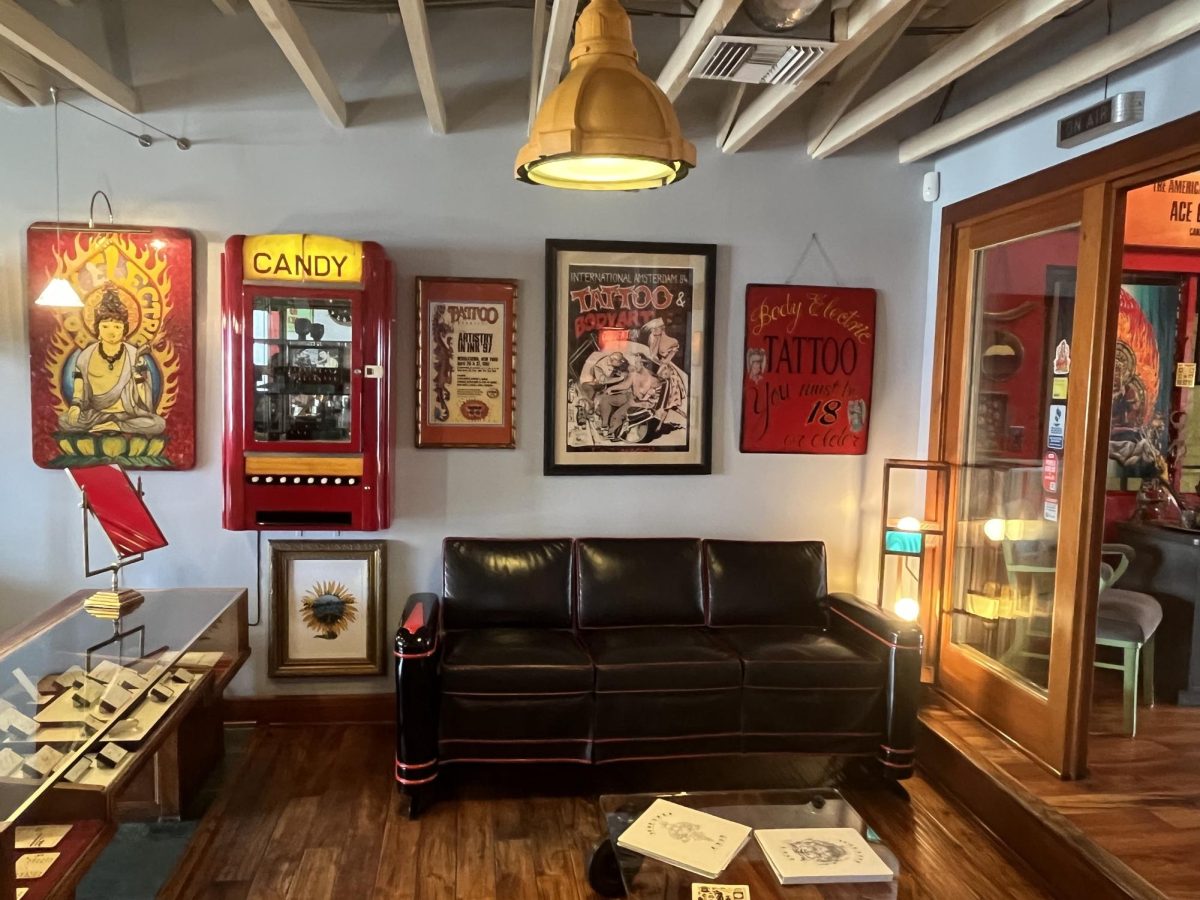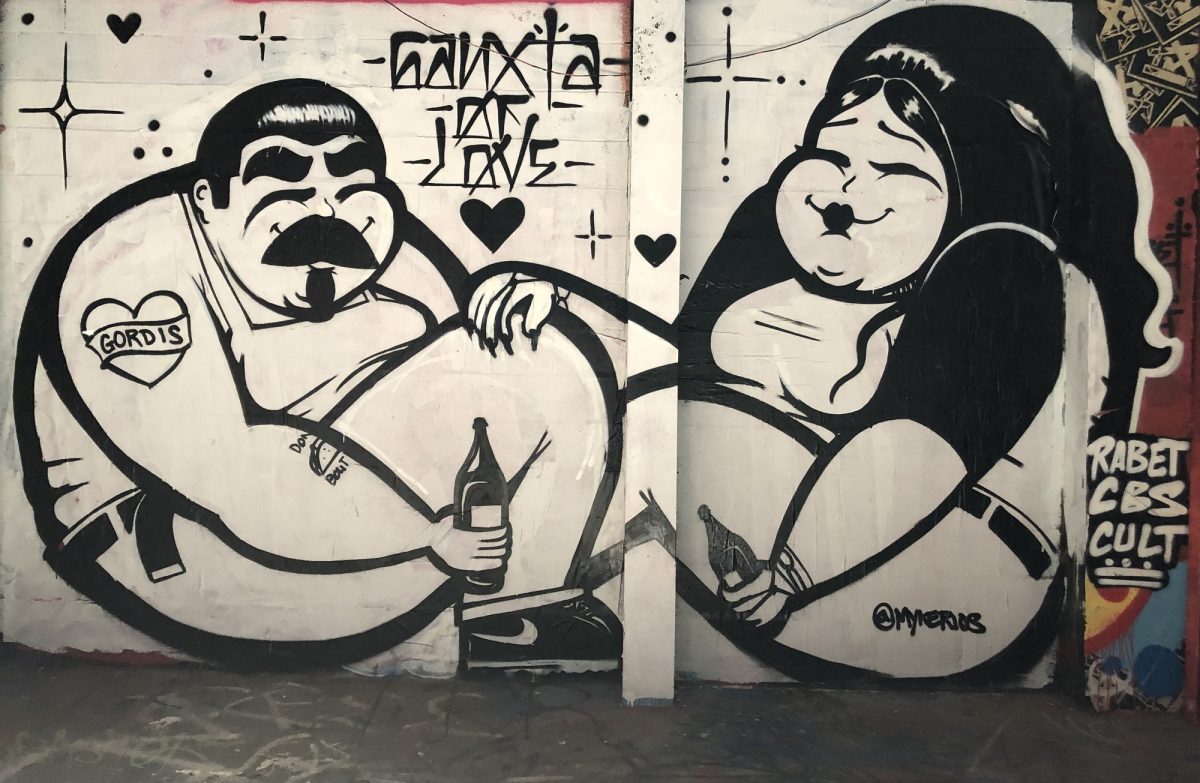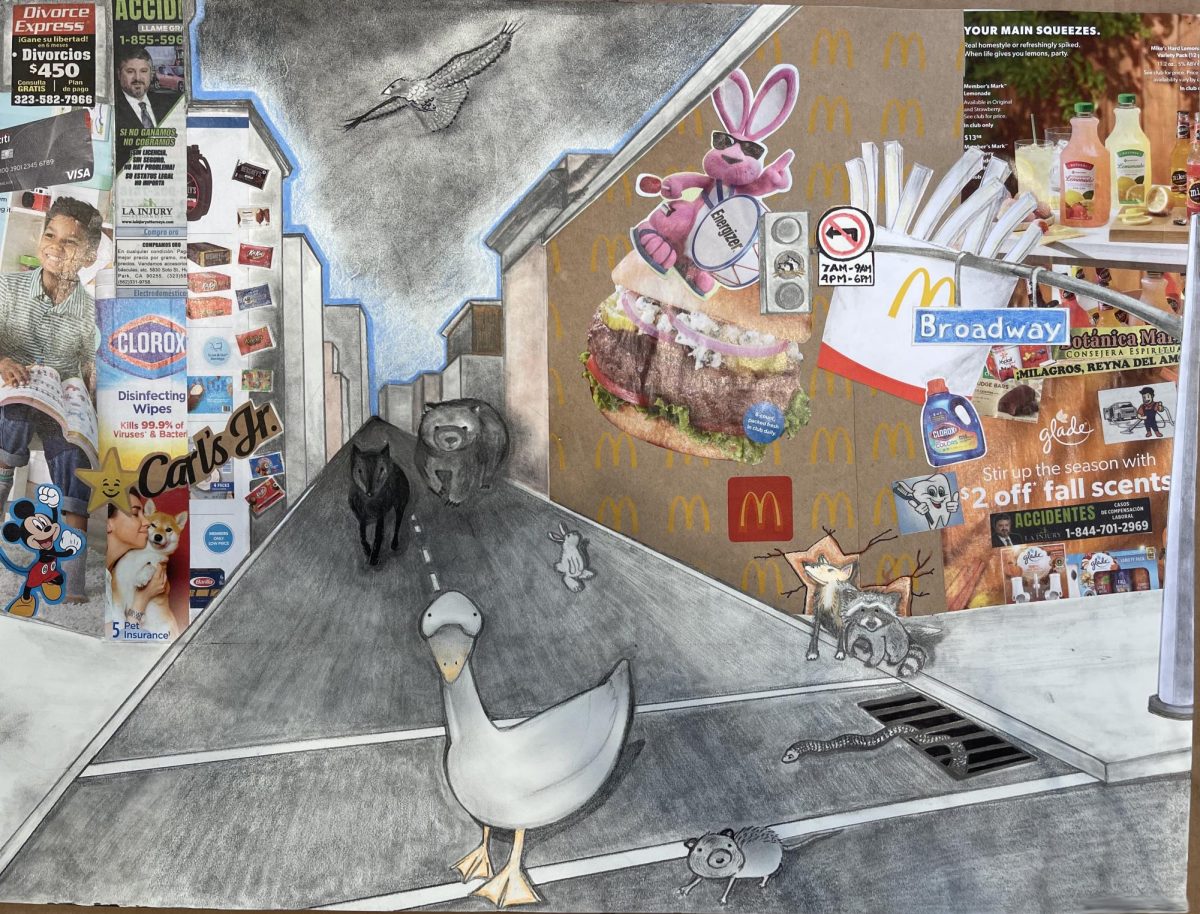I was 6 years old when my dad was driving in Old Torrance. I felt a thud. He accidentally struck a pedestrian. My mom, little brother and I were in the car. Mom checked on the woman who had been struck.
Luckily, the pedestrian survived.
Two decades later, I learned about the moment dad had experienced as he hit the woman crossing the street – his periphery narrowed.
He developed a blind spot in his eyesight due to a brain tumor he was not aware of and did not see the crossing pedestrian. Three surgeries later, dad was still functioning but required long-term medication in order to keep the tumor from swelling.
He relied heavily on those medications, but the side effects, combined with his declining mental state and health issues began to take a toll not just on him, but on me.
The relationship I had with my father in my childhood was a fantastic one. However, that faltered as I reached my teenage years. I attribute that to family turmoil and my dad’s brain tumor diagnosis. Little did I know his diagnosis would tear us apart, but also served as a blessing in disguise.
As dad’s health declined, I experienced feelings of self-doubt, confusion, fear, and anger for years – feelings that were deliberately instilled in me by relatives.
People at some point in their life will face adversity. However, they can make a conscious decision to move on from their past or continue to sulk in misery.
I chose the former. I chose to experience growing pains, and become a wise and decent human being, rather than feel sorry for myself.
In March of 2000, dad had been diagnosed with a pituitary brain tumor after growing concerns about his health, stemming from the car accident he had been involved in. Even after his surgeries, he resumed life working as an accountant and continued to make quality time with my brother and I.
We did it all together.
On weekends, he would take us to Charles H. Wilson Park to play tennis, football, basketball and baseball, where we could hear the thud of the ball when it makes contact with the bat, the racket, or the rim.
Meals were also a part of our quality time.
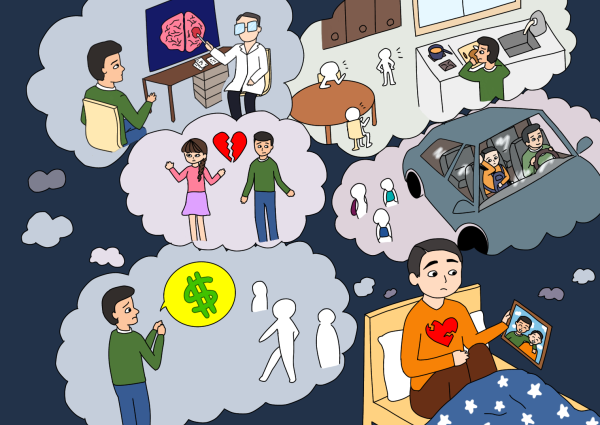
“Balong, mangan tayon.”
An Ilocano translation of “young boy, let’s eat,” are words I often heard my dad tell my brother and I when we were kids. He would also say this to us in Tagalog, translated to “kain na tayo.”
In hindsight, these are words when I felt the love and care from my dad. He just wanted us to be happy and fulfilled, making sure we would not go hungry. After work, he brought home Pizza Hut. When he wasn’t working and had free time, he cooked Filipino dishes and soups like Tinola, a hearty soup broth with potatoes, carrots, beef, onions, along with other vegetables.
Perhaps my favorite moment with my dad was when we went to Disneyland in August of 1997. We watched the incredible and epic nighttime show, Fantasmic. As a young boy, I was enthralled watching Mickey Mouse take on Disney villains in a show containing special water effects and fireworks.
Dad took us there with the intention of creating timeless memories and bringing happiness. And it worked.
These are moments I will always treasure with my dad – I get emotional looking back at these moments because I feel I wasted time and threw away those memories after the turmoil in our household worsened over the years.
Fast forward a few years later, my parents’ marriage slowly fell apart after dad’s brain tumor diagnosis. Heated arguments between my parents were a frequent occurrence in our household.
I had the natural inclination to mend their relationship but felt powerless as an 8-year-old kid to do so.
Powerless – because I was under constant pressure at home by relatives to adhere to Catholic values and cultural Filipino norms. For instance, the idea of “utang ng loob,” translated to “debt of gratitude,” an expectation that good deeds provided must be repaid.
Additionally, my dad’s mental state began to change because of his marriage, paired with financial instability due to becoming unstable with his career. My relatives would mentally, verbally, and emotionally abuse and manipulate him. Numerous times, my dad would be forced to cook food for “family” functions, only to be told last minute that he is not invited. They used him to get what they wanted.
Over the years, his good name was slandered and libeled. He was labeled a “deadbeat dad” and a “poor excuse for a father” for being unemployed.
His career became unstable – he would endure periods of on-and-off unemployment for several years because of his failing health due to the medications he had been taking for the pituitary brain tumor, along with numerous diagnoses, including diabetes and heart disease.
What hurt him most of all was watching his own children being used as leverage against him, as well as watching my cousins, aunties and I turn on each other, also used as leverage.
At the age of 55 in his later years, he began walking with a cane. It pained me to watch dad experience these life changes, but most especially when I hit my teenage years because I argued with him over a minute and sometimes serious topics.
When I was in high school, I felt ashamed and left out when I watched my friends and fellow classmates receive their driving permits and licenses. Sometimes, dad picked me up from school and would have to duck my head, because I did not want to be seen in the passenger’s seat. I did this because I wanted to feel independent. We argued over things like this.
At one point, my friend’s mother saw my dad sitting in front of Seafood City, a supermarket in Carson with a cup in hand begging for money, a hood over his head after his divorce from my mom.
Again, I felt powerless in mending our relationship and taking action to make my dad feel better.
After he died in 2020 at 59 years old, I asked myself a crucial question.
“Was I a good son?”
It took me months of deep in reflection to answer this. I was not a good son. I was disrespectful toward my dad. I had no intention of being disrespectful. However, given the circumstances I experienced at home and with extended relatives, it felt like I was forced to pick sides. I was forced to listen to my extended family’s nonsense for 27 years.
At the time of his passing, we hardly had contact. On the other hand, I know I loved and cared for my dad. When he became physically disabled in his later years, I would drive him to the grocery store so he could buy his food and other resources.
It’s taken three years of long talks at night with friends and deep reflections to finally understand my dad and receive the closure I needed.
Dad’s brain tumor was a blessing in disguise, because it also served as a lesson for me to grow out of my past, forcing me to move on with life the way he would have wanted. Talking with my best friends allowed me to realize the divorce and extended family turmoil were not my fault. They also allowed me to see that certain relatives are sadistic and diabolical individuals who have no remorse.



